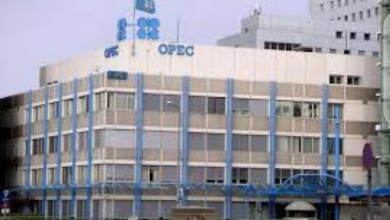FG considers selling refineries to boost competition in downstream oil sector

The Federal Government of Nigeria has signaled that it may consider selling the country’s state-owned refineries as part of a wider economic reform strategy designed to attract investors, enhance competition, and improve efficiency in the downstream petroleum sector.
Nigeria’s four government-owned refineries, located in Port Harcourt, Warri, and Kaduna, have a combined installed capacity of 445,000 barrels per day (bpd).
Despite their substantial capacity, the refineries have remained largely inactive for decades.
Repeated turnaround maintenance projects have cost the government billions of naira, yet full operationalisation remains elusive.
Olu Verheijen, Special Adviser to President Bola Tinubu on Energy, discussed the proposal during an interview with Bloomberg TV at the Abu Dhabi International Petroleum Exhibition and Conference (ADIPEC).
She noted that selling the refineries could be a viable option if the government identifies the right technical partners with adequate capital to operate the facilities efficiently.
“It’s one of the options that you have to consider if you find the right technical partner with the right capital,” Verheijen said.
She also emphasised that the removal of fuel subsidies has eliminated market distortions, allowing the petroleum sector to operate purely on commercial terms.
Verheijen also revealed that the government is contemplating a long-anticipated initial public offering (IPO) for NNPCL.
The move is intended to enhance transparency, attract private investment, and establish a commercially viable national refinery company.
The Nigerian National Petroleum Company Limited (NNPCL), which owns the refineries, is actively seeking technical equity partners capable of managing the plants to international standards.
Bayo Ojulari, NNPCL’s Chief Executive Officer, explained that the overarching goal is to ensure the refineries operate effectively, efficiently, and transparently.
The Port Harcourt refinery, which was shut for maintenance on May 24, 2025, has made little progress under the current administration, remaining inactive for more than 80 days.
Similar challenges have affected the Warri and Kaduna refineries, highlighting the urgent need for operational reform and private sector involvement.
With the downstream oil sector undergoing reform, the potential sale or partnership arrangements for state-owned refineries reflect the government’s commitment to revitalizing a segment long plagued by inefficiency, underperformance, and fiscal drain.



